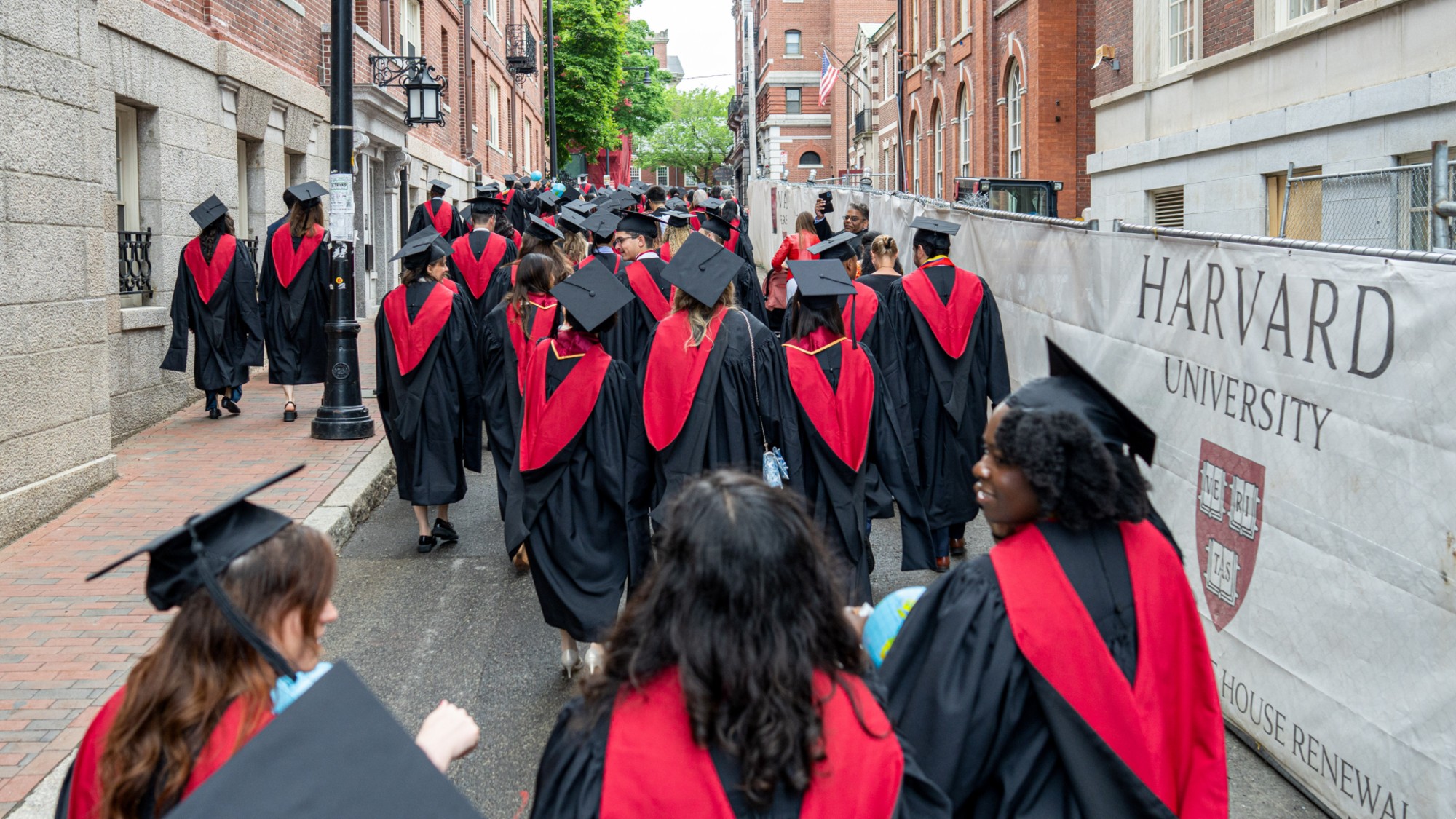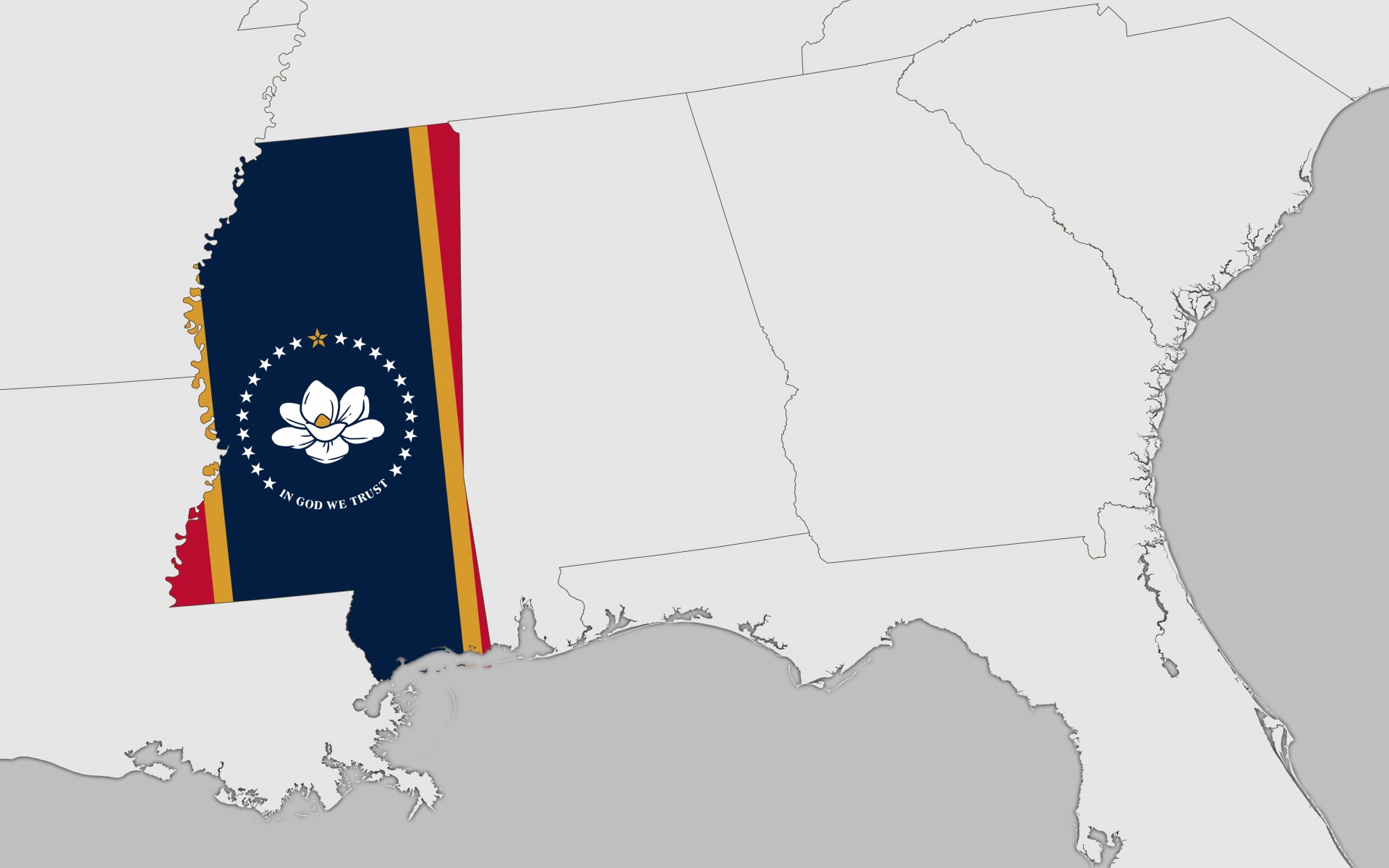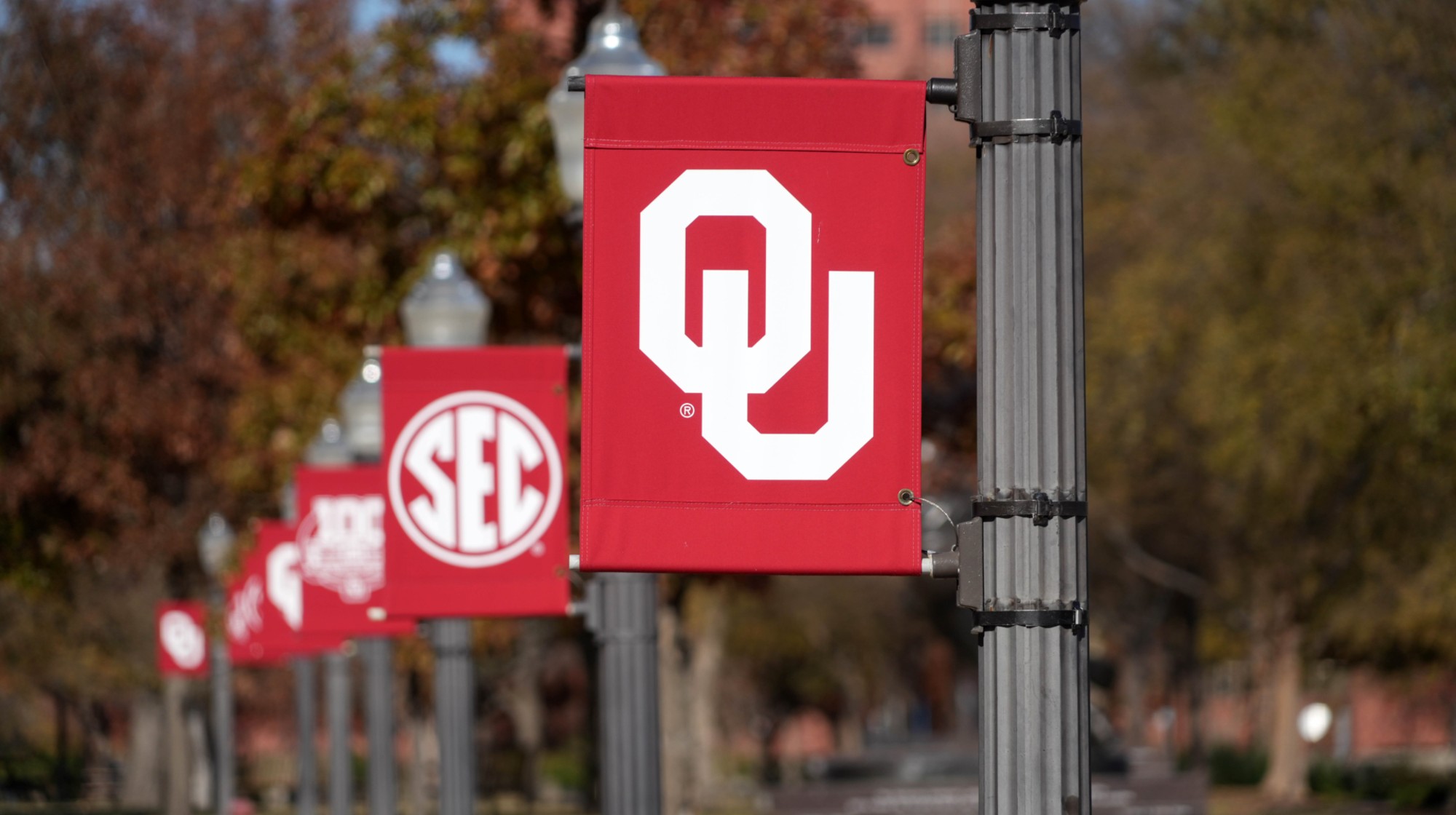Colleges are canceling affinity graduations amid DEI attacks but students are pressing on
The commencement at Harvard University was in the news, but other colleges are also taking action


A free daily email with the biggest news stories of the day – and the best features from TheWeek.com
You are now subscribed
Your newsletter sign-up was successful
With the school year coming to an end at American universities across the country, colleges are taking a step to avoid the ire of the Trump administration: canceling affinity graduations. These events are optional ceremonies meant to highlight the diversity of student bodies, but some universities are rethinking their plans to host them as the White House promotes an anti-DEI platform at colleges.
Despite this, many students on these campuses are fighting back against the administration's anti-DEI push. Harvard University has been in the spotlight the most, but other schools have also seen similar actions from students.
A widespread backtrack
The U.S. Department of Education began working to eliminate diversity programs after President Donald Trump signed an executive order calling DEI (diversity, equity and inclusion efforts) "radical and wasteful." Following this, a slew of universities decided to backtrack on hosting affinity graduations. Harvard has been the most notable college to do so, and will "no longer provide funding, staffing or spaces for end-of-year affinity celebrations," the university said in a statement.
The Week
Escape your echo chamber. Get the facts behind the news, plus analysis from multiple perspectives.

Sign up for The Week's Free Newsletters
From our morning news briefing to a weekly Good News Newsletter, get the best of The Week delivered directly to your inbox.
From our morning news briefing to a weekly Good News Newsletter, get the best of The Week delivered directly to your inbox.
This marks a notable change for the Ivy League institution, as Harvard previously "hosted ten affinity celebrations for the Class of 2024, including for Arab, Black, Indigenous, Latinx, first-generation, low-income and Asian American, Pacific Islander and Desi graduates," said The Harvard Crimson. But Harvard is just one "among several universities across the country that have canceled affinity graduations," said CNN. The University of Kentucky, the University of Louisville, the University of Notre Dame, Wichita State University and others have all canceled various affinity events.
Students left scrambling
Even with the White House's actions resulting in some affinity graduation cancellations, students at these schools are "scrambling to find ways to still host the events," said CNN. This includes many students and student-led groups that are creating their own diversity ceremonies.
At Harvard, members of the Harvard Black Alumni Society "raised $46,000 for this year's event after the university announced April 28 that it would no longer fund the ceremonies," said NBC News. Another canceled ceremony had been designed to highlight Harvard's LGBTQ+ students, so a "small group of students organized an independent event" instead. Harvard's Asian American Alumni Alliance was also able to host an "unforgettable affinity celebration honoring the Class of 2025" with 500 guests, the alliance said on Facebook.
At Ohio University, one student "arranged for his alma mater's Black alumni weekend to go forward this spring after the university canceled it," said The Associated Press. And other schools are pushing back against Trump by not stopping their events. This includes California State University, Long Beach, whose affinity graduations were "held as planned this semester," said the Long Beach Current. This included graduation ceremonies held for American Indian students, Cambodian students, Latino students, Pacific Islander students and others, according to the university's website.
A free daily email with the biggest news stories of the day – and the best features from TheWeek.com
As a result, some say affinity graduations are likely to continue in some form. The White House is "forcing students and faculty to think creatively beyond the university and work around it," said Antar Tichavakunda, a professor of race and higher education at the University of California, Santa Barbara, to CNN. "I don't think this will be the end of culturally specific graduations. I just think it might be the end of universities supporting them."
Justin Klawans has worked as a staff writer at The Week since 2022. He began his career covering local news before joining Newsweek as a breaking news reporter, where he wrote about politics, national and global affairs, business, crime, sports, film, television and other news. Justin has also freelanced for outlets including Collider and United Press International.
-
 How the FCC’s ‘equal time’ rule works
How the FCC’s ‘equal time’ rule worksIn the Spotlight The law is at the heart of the Colbert-CBS conflict
-
 What is the endgame in the DHS shutdown?
What is the endgame in the DHS shutdown?Today’s Big Question Democrats want to rein in ICE’s immigration crackdown
-
 ‘Poor time management isn’t just an inconvenience’
‘Poor time management isn’t just an inconvenience’Instant Opinion Opinion, comment and editorials of the day
-
 American universities are losing ground to their foreign counterparts
American universities are losing ground to their foreign counterpartsThe Explainer While Harvard is still near the top, other colleges have slipped
-
 ‘Ghost students’ are stealing millions in student aid
‘Ghost students’ are stealing millions in student aidIn the Spotlight AI has enabled the scam to spread into community colleges around the country
-
 How Mississippi moved from the bottom to the top in education
How Mississippi moved from the bottom to the top in educationIn the Spotlight All eyes are on the Magnolia State
-
 Oklahoma fires instructor over gender essay grade
Oklahoma fires instructor over gender essay gradeSpeed Read
-
 Education: More Americans say college isn’t worth it
Education: More Americans say college isn’t worth itfeature College is costly and job prospects are vanishing
-
 The Trump administration’s plans to dismantle the Department of Education
The Trump administration’s plans to dismantle the Department of EducationThe Explainer The president aims to fulfill his promise to get rid of the agency
-
 How will new V level qualifications work?
How will new V level qualifications work?The Explainer Government proposals aim to ‘streamline’ post-GCSE education options
-
 England’s ‘dysfunctional’ children’s care system
England’s ‘dysfunctional’ children’s care systemIn the Spotlight A new report reveals that protection of youngsters in care in England is failing in a profit-chasing sector
